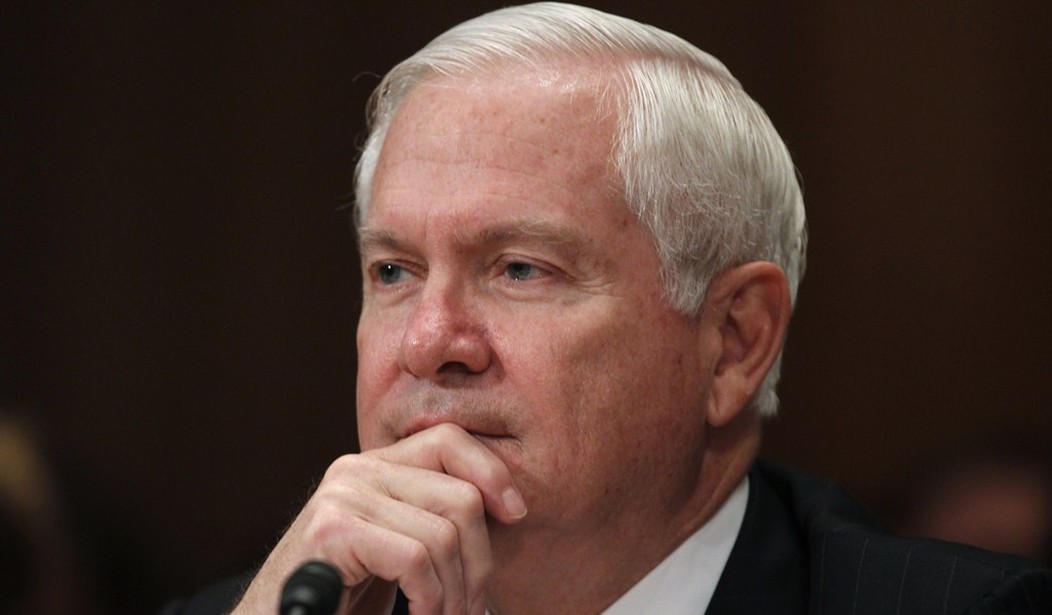In the 1970s, and until his death in 1987, Bill Casey was my friend, advisor and occasionally my lawyer. Until his death, he was director of the CIA after serving as campaign director of the Reagan campaign in the 1980s. I helped him in minor ways during the Reagan campaign, most notably with getting candidate Ronald Reagan meetings with European intellectuals. When Bill took the helm at Langley, he continued our friendship. We would meet in New York at 21 and at his capacious office in Langley. I doubt there was ever a head of the CIA who relished his job more or, for that matter, was more effective. One day over lunch he told me he was just back from the Middle East where he had developed a stomach indisposition. But he smiled tapping his embattled paunch, "I've just arranged stingers for the Afghan resistance." He was not talking about cocktails.
Early in his tenure at the CIA, he told me he was going to have me over for lunch to meet the "brightest young man" he had encountered in many a moon, and so Bob Gates joined us for lunch. A rising figure at the agency, Bob had become Bill's Deputy Director. He had earned a master's degree in Russian History at Indiana University about the time I had earned my master's degree in American Diplomatic History at I.U. Bob went on the get his Ph.D. in Russian and Soviet History from Georgetown and began his steady climb through ranks at the agency, eventually becoming, like Bill, director.
Recommended
We became friends from that lunch onward and stayed in touch during his tenure as director of the CIA under George H.W. Bush. I had him and his wife to the house and, if memory serves, sat him down with my journalistic friends at one of our regular sessions of what we called the Saturday Evening Club. I have always kept a diary, and, in 1992, when President Bush included me amongst his guests at a reception for Boris Yeltsin, I noted that Gates had briefed me on Yeltsin. Russia, he said, was uncertain of itself after the fall of the Iron Curtain. It was "finding a place for itself in the world." Inspired by Bob to take a crack at statecraft, I, when introduced to Yeltsin, complimented him on Russia's incomparable literary tradition. I mentioned Dostoyevsky. Yeltsin seemed pleased.
I see that Bob has, this week, claimed he felt the historian's obligation to write his memoir accurately and to pull no punches. I think he has succeeded, though when he says that Hillary has a winning sense of humor I would have to see what she was laughing at. Possibly it was what close psychiatrists call a nervous laugh. Over dinner with me and with my colleague Wladyslaw Pleszczynski (another I. U. educated historian) in the 1980s and early 1990s, Bob would often talk of history. He had the same impatience with politics that he has shown in his memoir, and I take him at his word, though not completely.
When he was first nominated as director of the CIA in 1987, he saw his nomination become embroiled in the Iran-Contra scandal. He withdrew it. President George H. W. Bush nominated him again in 1991, and the Senate confirmed him. Later, after a break from government service, he served both George W. Bush and Barack Obama as Secretary of Defense and waged two wars, one in Iraq and one in Afghanistan. Bob may not particularly like politics, but he knows how to handle politicians. I think he has done it well for the good of the country.

























Join the conversation as a VIP Member